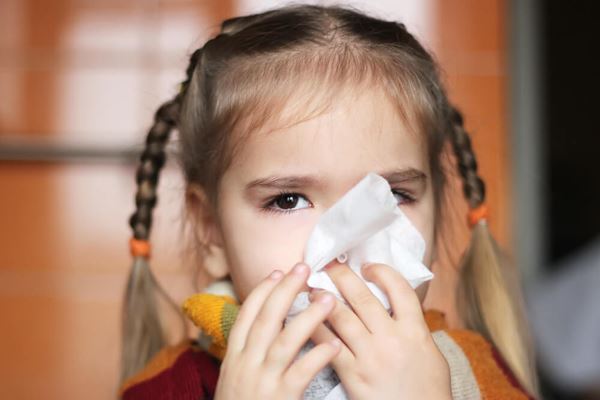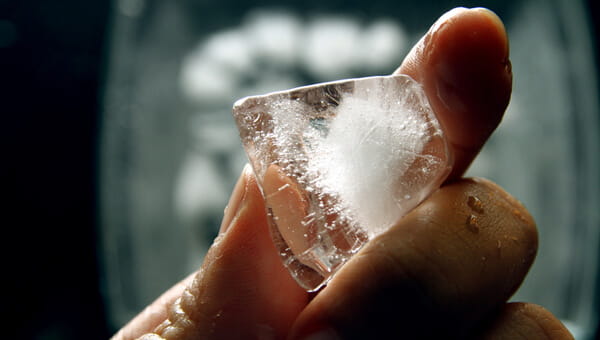A sudden gush of blood coming from your child’s nose can be scary—for both you and your little one. But nosebleeds are common and are very rarely something to worry about. Here’s what you need to know about childhood nosebleeds.
What causes nosebleeds?
Bloody noses can happen for lots of reasons, but it all boils down to the same cause: super-tiny blood vessels that are so close to the surface that any “trauma,” no matter how small, can cause a bleed. Some common sources of nosebleeds include:
- A dry environment, which dries out the inside of the nose
- Allergies or other congestions, especially if your child has to blow their nose often
- Nose picking (or scratching, as the kids call it)
- Certain medications that can cause dryness of the skin and mucus membranes
- Blood-thinning medications
- Actual trauma, like a blow or slap to the nose
- Some medical conditions, like hemophilia, cystic fibrosis or a deviated septum
What should I do if my child has a nosebleed?
First of all, you want to stay calm so that you can help your child stay calm. Then, follow these steps:
- Have your child sit with their head leaning forward slightly. Don’t let them lean back or lie down, because this will allow the blood to go down the back of the throat.
- You (or your child, if they’re old enough) should firmly pinch the nostrils closed for 10 minutes. Resist the urge to check on the bleeding before the full 10 minutes is up, because you could start the flood all over again.
- If the nose is still bleeding after 10 minutes, pinch it closed for another 10 minutes.
When should I call the doctor?
Most nosebleeds will stop on their own within several minutes, so if it’s still bleeding after two 10-minute rounds of pressure, then it’s worth a call to the pediatrician to get their advice. You should also call the doctor right away if:
- Your child seems to have lost a lot of blood, and/or is pale, sweating, or unconscious
- Blood is coming from your child’s mouth, or they are coughing or vomiting blood or something that looks like coffee grounds
- Your child had a head injury before the nose started bleeding
If your child has lots of nosebleeds, bring this up with the pediatrician. While not an emergency, there may be some easy treatments to help prevent the problem in the future.
Even if you're not prepared for a nosebleed, we are. Visit a neighborhood BayCare Urgent Care Center for fast health care for adults and children ages two and older. It's easy to make an online reservation, choose your location and the time you'd like to come in, and we'll SAVE YOUR SPOT!




